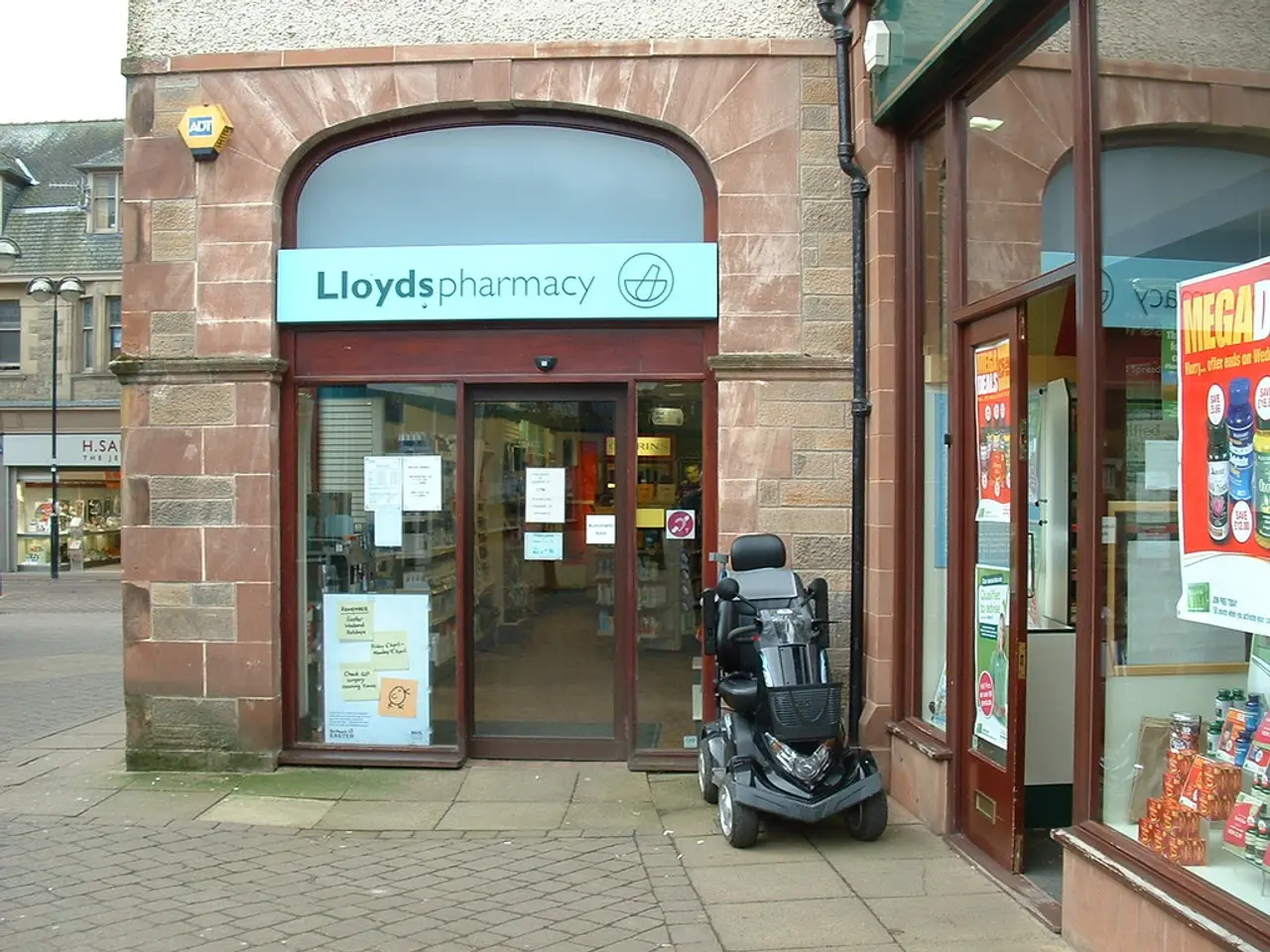Procedure for Safely Disposing Old Prescription Drugs
In today's world, it's essential to dispose of unused and expired medications responsibly. This article aims to provide you with a straightforward guide on how to do so, ensuring safety, environmental protection, and adherence to local regulations.
Firstly, there are numerous take-back programs and services available in various countries, making it easier than ever to dispose of medications safely. These programs collect medications and dispose of them through controlled incineration or other environmentally responsible methods. Many police stations and outpatient pharmacies have disposal kiosks for expired medications, making them convenient options for disposal.
When using these programs, it's crucial to remember that all prescriptions have a printed expiration date on the packaging. The medication expires on the last day of the month listed on the package. If no take-back service is available, disposing at home safely involves mixing medications with undesirable substances like used coffee grounds, dirt, or cat litter, sealing this mixture in a container or plastic bag, and putting it in the trash. Personal information on medication packaging should be removed or obscured before disposal to protect privacy.
Flushing medications down the toilet or drain is generally discouraged because it can lead to environmental contamination of water sources. However, some countries or agencies might allow flushing for specific high-risk drugs (e.g., powerful opioids) where take-back options are limited. Always check local guidelines for exceptions.
Special considerations apply for specific medications:
- Controlled substances/narcotics: Many countries, such as the U.S., organize special DEA Drug Take-Back Days to ensure safe collection and destruction of opioids and other controlled meds.
- Highly toxic or environmentally hazardous medicines (such as chemotherapy drugs or certain laxatives like bisacodyl): These often require specialized disposal due to risks to human health and the environment, and users should consult pharmacies or healthcare providers for guidance.
- Unused medicines in low- and middle-income countries: A significant challenge is the lack of formal disposal systems, leading to storage at home or unsafe disposal practices, increasing risks of poisoning, misuse, and environmental contamination.
In summary:
- Use authorized take-back programs/events whenever possible.
- If no take-back is available, mix medications with undesirable substances, seal, and throw in household trash.
- Avoid flushing unless explicitly directed.
- Consult local resources for specific guidance on hazardous medicines or controlled substances.
This approach balances public safety, environmental protection, and practicality across different country contexts.
For a complete list of flushable medicines, visit the FDA website. The bins at drop-off locations for expired medications are closed and secure to maintain privacy. To find an authorized collector in your area, check with local law enforcement officials or the DEA's searchable database. Some pharmacies also offer mail-back programs for disposing of expired medications.
By following these guidelines, you can help ensure the safe disposal of unused and expired medications, protecting both yourself and the environment.
- In the realm of health and wellness, it's significant to note that when certain medications reach their medical conditions stated expiration date, they should not be consumed, and instead, they should be disposed of responsibly to avoid impacts on personal health and environmental damage.
- Applying the therapies and treatments for health maintenance, remember to dispose of expired medications using scientific methods, such as mixing them with unpalatable substances like used coffee grounds, dirt, or cat litter, sealing them in a container or plastic bag, and putting them in the trash for safe disposal at home.
- On a broader scale regarding health and health-and-wellness, special attention should be given to the disposal of specific medical-conditions related medications, such as controlled substances or highly toxic or environmentally hazardous drugs, which might require specialized disposal methods due to their hazardous nature.




